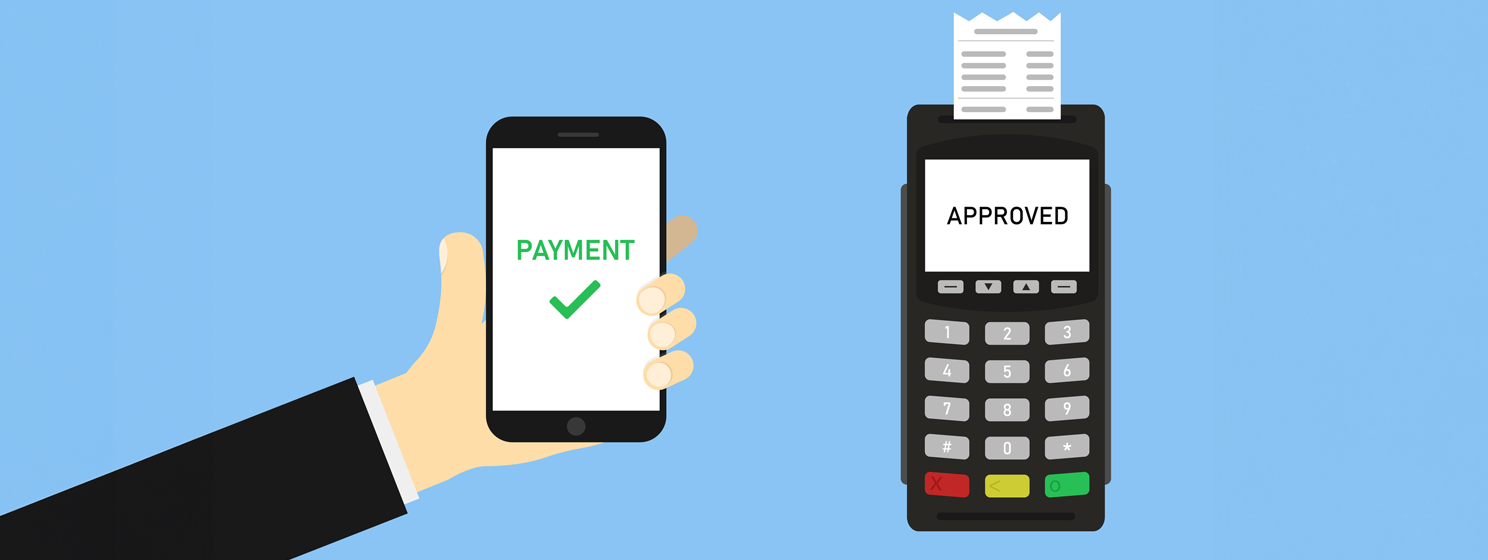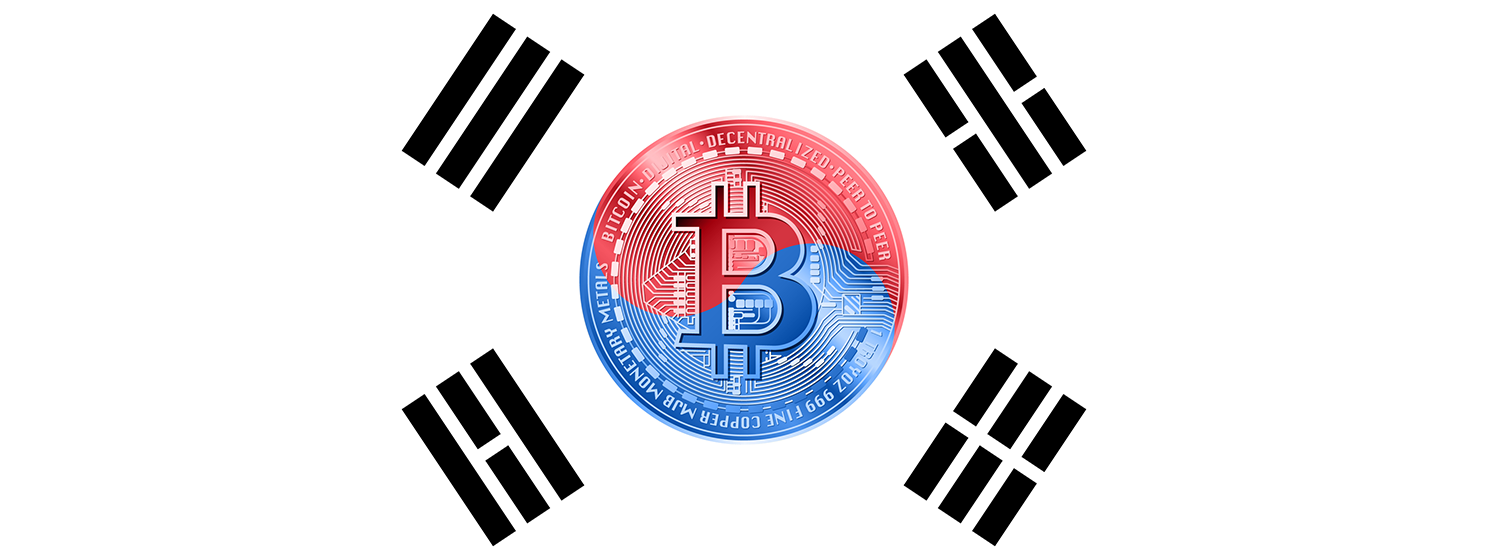|
Getting your Trinity Audio player ready...
|
The Nigerian digital asset community faces high uncertainty. The government’s recent
crackdown on exchanges and the central bank’s alleged measures to block digital currency-related accounts has the industry on edge. However, the appointment of a new securities industry tsar could usher in a new era for Africa’s largest digital asset industry.
President Bola Tinubu appointed Emomotimi Agama as the new head of the Securities and Exchange Commission (SEC) a week ago. He takes over after serving for two years and seven months as the managing director of the Capital Market Institute, a subsidiary of the SEC focused on the stock market.
In a statement, President Tinubu called on Agama to use his wealth of experience and competence “to advance the commission’s core mandate of developing and regulating a capital market that is dynamic, fair, transparent, and efficient, to bolster investor confidence and contribute immeasurably to the nation’s economic development.”
Agama takes over from Lamido Yuguda, under whose leadership the SEC failed to assert itself as the industry regulator. While it has attempted to offer guidance to VASPs and traders, the SEC was subdued by the Central Bank of Nigeria (CBN), whose crackdown overshadowed the securities watchdog’s subtle approach.
Nigeria’s blockchain industry stakeholders are hopeful that the SEC will champion a friendly regulatory stance. Agama has previously voiced support for the sector and called for a policy framework that fosters innovation while protecting investors.
“We expect that his administration will separate the baby from the bath water and show that the crypto industry has several exciting benefits for the country,” commented Lucky Uwakwe, the founder of local exchange SaBi.
“We need to prove to the whole world that we are open for crypto business despite the issues that some exchanges might have experienced in the country,” added Uwakwe, who also chairs the Blockchain Industry Coordinating Committee of Nigeria (BICCoN).
One key issue Agama will have to address is VASP licensing. CoinGeek reported earlier this year that Nigerian VASPs have been applying for SEC licenses after the central bank reversed a longstanding ban.
However, industry stakeholders have been complaining for months that the licensing fees are too high for local VASPs. This includes minimum paid-up capital of N500 million ($366,600).
A month ago, under its previous head, the SEC proposed further hiking the fees, which would shut out most local companies and give offshore exchanges a free run. The regulator wants to raise the application fee from $64 to $220 and the registration fee from $22,000 to $110,000.
Watch: The future has already arrived in Nigeria

 03-03-2026
03-03-2026 




